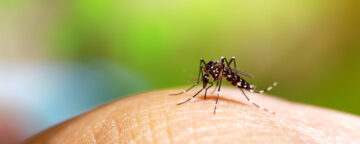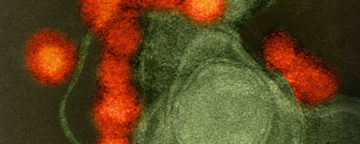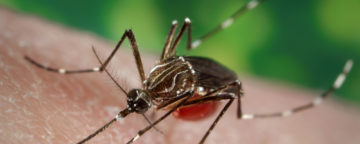APPC survey reveals room for improvement in public knowledge about mosquito-spread viruses, despite the increasing frequency of related epidemics.


APPC survey reveals room for improvement in public knowledge about mosquito-spread viruses, despite the increasing frequency of related epidemics.

APPC health survey data finds that belief in vaccination misinformation has risen, and a willingness to vaccinate against Covid-19 is lower than in the past.

Syphilis cases are on the rise, but many Americans don’t know the symptoms, an APPC survey on sexually transmitted infections finds.

APPC researchers will present work in science, media, political, and health communication in Washington, D.C., at the 69th Annual ICA Conference.

A series of papers originally presented as works-in-progress at a Zika communication summit at APPC in March 2017 were published in a special issue of Risk Analysis on “Communicating About Zika,” aimed at providing theoretical and practical insights.

A study of media coverage of the 2016 Zika virus outbreak found that while stories focused more heavily on certain risk aspects than others, it was the volume of Zika news coverage that increased public familiarity.

Social and news media have different associations with risk perceptions and preventive behavior in an emerging health threat such as Zika, according to new research.